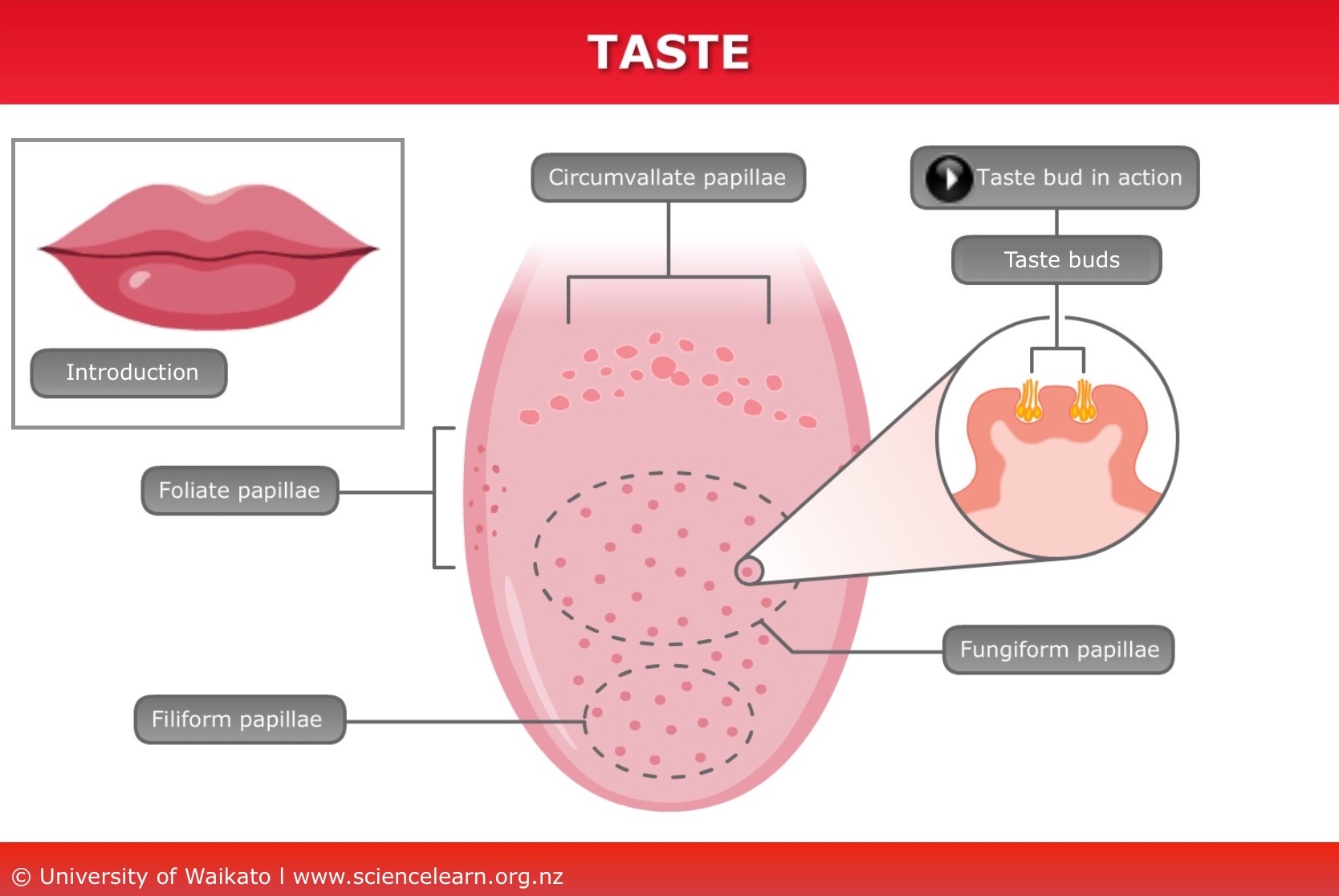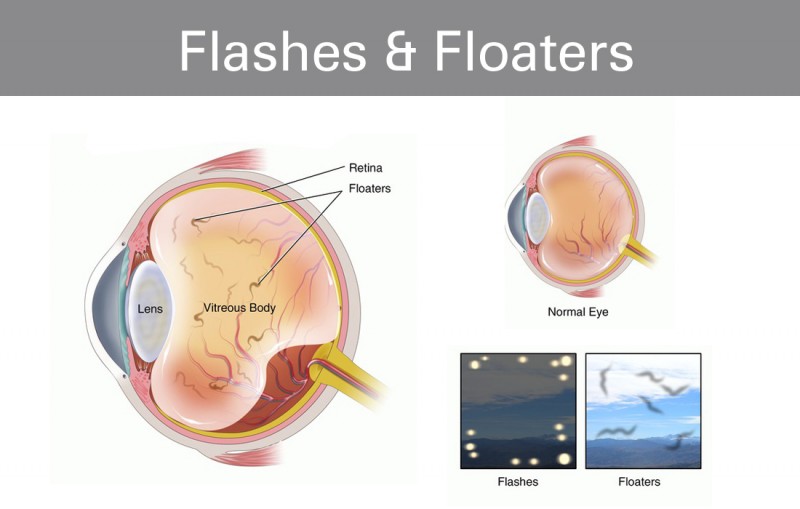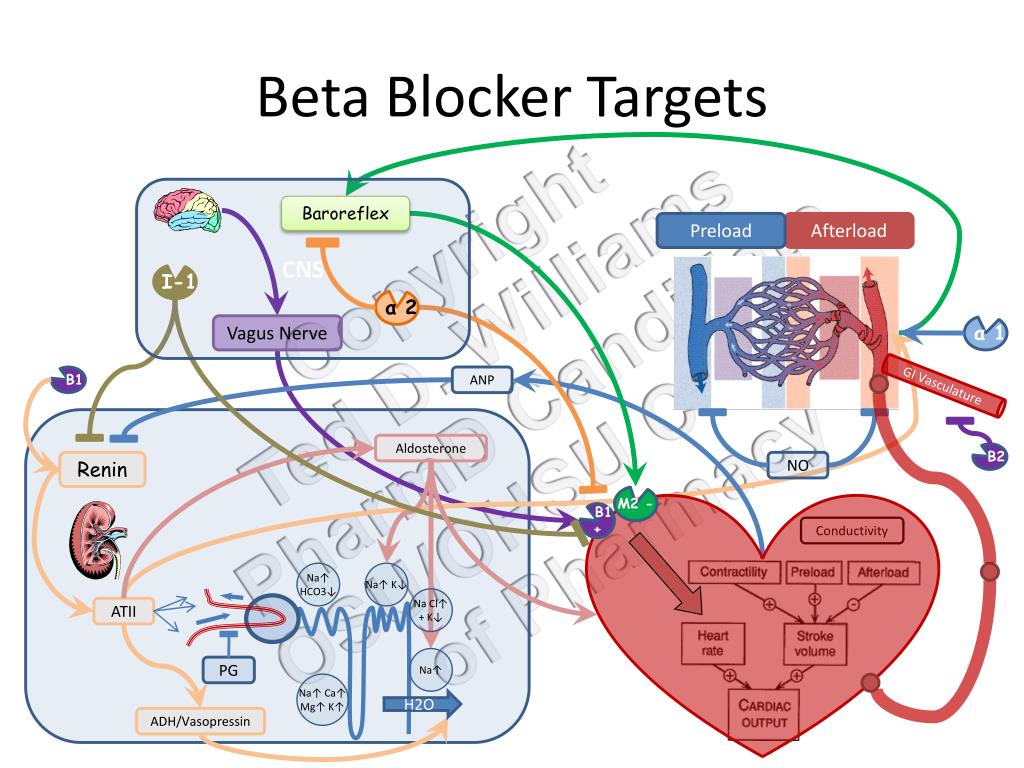Bliss Point Decoded : The Science Of Taste And Pleasure

The Bliss Point Phenomenon
Have you ever wondered why certain foods are irresistibly delicious, making you come back for more? The answer lies in the concept of the "bliss point," a crucial aspect of food science that has significantly impacted the way we experience and interact with food products.
Defining Bliss Point
The bliss point refers to the optimal amount of an ingredient like salt, sugar, or fat that maximizes the deliciousness of food products. This sweet spot is where the flavor and pleasure of eating reach their peak, making the culinary experience exceptionally enjoyable.
Discovery and Impact
Pioneering research by Howard Moskowitz led to the discovery of bliss points, revolutionizing the food industry. By identifying the precise amount of key ingredients that trigger the bliss point, manufacturers can create products that are perfectly balanced and irresistibly delicious.
The Psychology Behind Bliss Points
Bliss points are a crucial aspect of the food industry, but have you ever wondered what drives our attraction to these pleasurable taste experiences? Let's delve into the psychology behind bliss points and uncover the secrets that make them so irresistible.
Unlocking the Brain's Pleasure Centers
Bliss points trigger the pleasure receptors in our brain, releasing the neurotransmitter dopamine, which associates the experience with pleasure. This dopamine release creates a craving for more, making us susceptible to overconsumption.
The Dark Side of Bliss Points
Food manufacturers exploit bliss points to create addictive products, leading to negative health effects like obesity. By understanding the psychology behind bliss points, we can become more mindful of our consumption habits and make informed choices.
The Dark Side of Bliss Points
The concept of bliss points has a more sinister side, one that has sparked intense debate and scrutiny. Critics like David A. Kessler and Michael Moss have shed light on the secrets of the food industry and the manipulation of bliss points to hook consumers.
Uncovering the Truth
Investigative journalists and authors have exposed the tactics employed by food manufacturers to exploit the bliss point phenomenon. By carefully calibrating the levels of sugar, salt, and fat in their products, companies can create an irresistible taste experience that activates the brain's reward centers, leading to overconsumption and addiction.
Ethical Concerns
The manipulation of bliss points raises significant ethical concerns. By prioritizing profits over public health, the food industry has contributed to the growing epidemic of obesity, diabetes, and other diet-related health issues. The bliss point phenomenon highlights the need for greater transparency and accountability in food engineering and manufacturing practices.
A Call to Action
As consumers become increasingly aware of the dark side of bliss points, there is a growing demand for change. By supporting companies that prioritize nutrition and transparency, individuals can help shift the food industry's focus towards creating healthier, more sustainable products. Moreover, policymakers and regulatory bodies must take action to ensure that food manufacturers are held accountable for their practices and their impact on public health.
Breaking Free from Bliss Point Manipulation
The concept of bliss points has been a crucial aspect of the food industry, allowing manufacturers to create products that tantalize our taste buds and leave us craving for more. However, this manipulation can have negative consequences on our health and wellbeing. It's essential to understand the science behind bliss points and take steps to break free from their grasp.
Empowering Consumers through Awareness
Being aware of bliss points and their effects can help consumers make informed choices. By recognizing how food manufacturers use bliss points to create addictive products, individuals can take control of their diet and make healthier decisions. This awareness can lead to a reduction in the consumption of processed foods and a shift towards more balanced eating habits.
Mindful Eating: A Path to Liberation
A balanced diet and mindful eating habits can reduce the grip of bliss point-driven cravings. By paying attention to hunger and fullness cues, savoring each bite, and eating slowly, individuals can develop a healthier relationship with food. This mindful approach can help break the cycle of addiction and allow consumers to enjoy food without being controlled by bliss points.














Comments ()